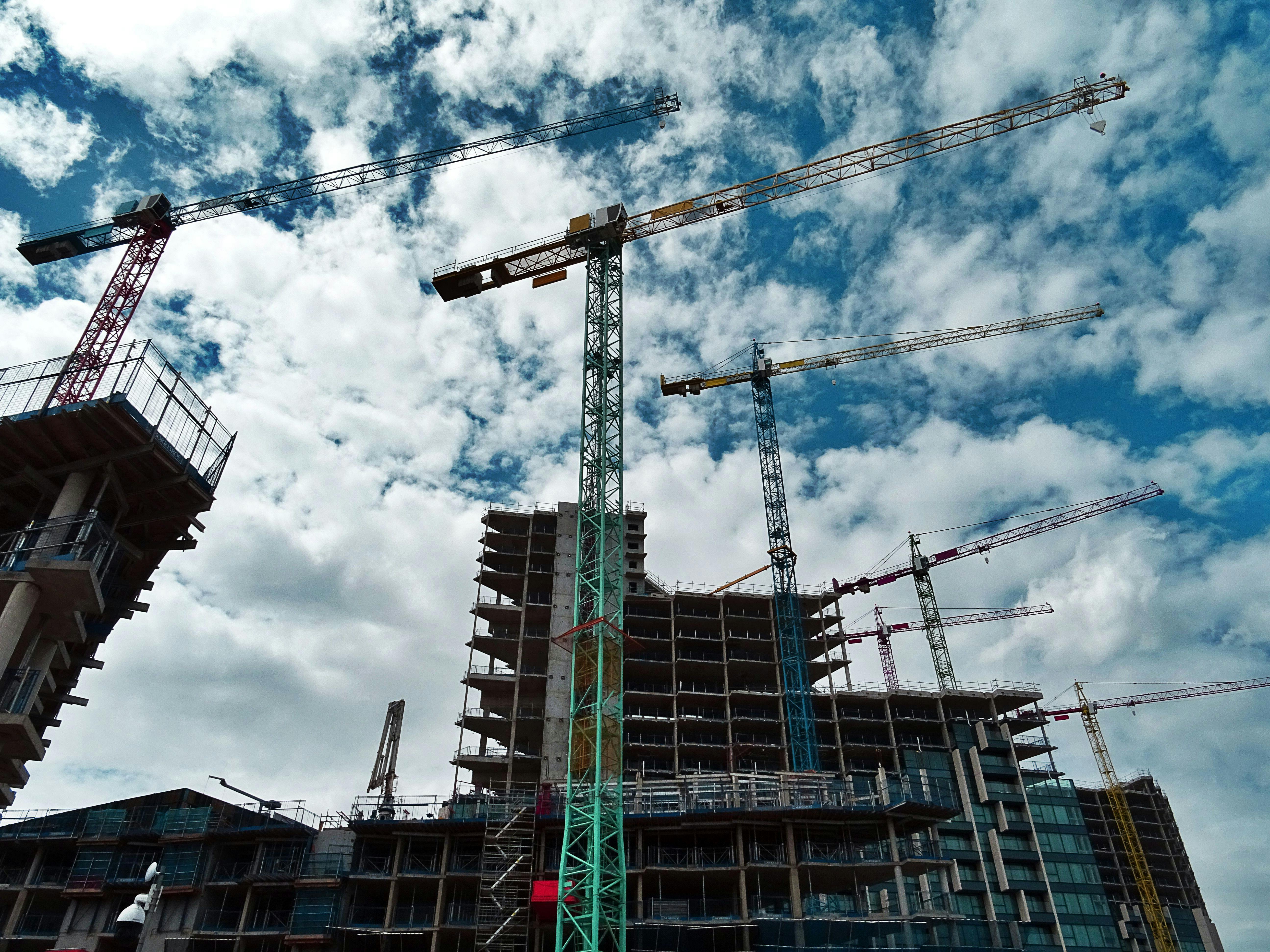Toronto's real estate market isn't exclusive to those who want to buy or conventionally rent. As a multinational tourist hub, people from around the world visit annually - and they all need somewhere to stay. Where hotels used to be the only real type of short-term accommodation available, today's tourists have another option in Airbnb. It's become a lucrative pursuit for individual and group investors alike.
According to recent market data, the average annual Airbnb revenue in Toronto was CA$37,000 ($27,000) from June 2024 to May 2025, with over 11,600 active listings currently operating in the city. The market demonstrates strong fundamentals, with properties (entire homes and individual rooms) typically booked for 248 nights per year at a 68% occupancy rate and an average daily rate of CA$161 ($118). This performance, combined with Toronto's appeal to international visitors who make up 46% of Airbnb guests, creates compelling opportunities for investors looking to capitalize on the city's thriving tourism industry.
But it isn't easy money by any means. After several years of fluctuating demand and contested discussion over how short-term rentals may be influencing long-term housing, today's vacation rental owners operate within uncertain territory. Challenge number one? Regulatory reform. As of January 1st, 2025, all hosts must continue to conform to municipal laws with big implications. To some, keeping up with such added compliance and management responsibilities is a deterrent to this type of real estate investment altogether.
Regulations for Airbnb Rentals In Toronto
Airbnb rentals in Toronto are subject to rules laid out by the city's Licensing and Registration of Short-Term Rentals Bylaw. You're obligated to follow these policies regardless of whether you're a host on the aforementioned platform, Booking.com, or any similar website approved by the city to advertise short-term rentals.
If you didn’t already know, only Airbnb and Booking.com are currently permitted to advertise short-term rentals in Toronto, as they hold their own licenses and are subject to the city's requirements to remit tax information and host data as requested.
Here's the gist:
The most fundamental requirement is registration with the City of Toronto, which now costs $ 375 + HST annually. Municipal regulations restrict short-term rentals to principal residences only, meaning you can't use a second home or investment property as a short-term rental.
Plus, there are always-certain taxes to pay. Rental owners should be prepared to remit a Municipal Accommodation Tax (MAT) every year alongside 13% Harmonized Sales Tax (HST) for consecutive stays less than a month, and regular property taxes. It used to be 6% of stay charges but has since been increased to 8.5% for June 1, 2025, to July 31, 2026.
The city's framework creates clear boundaries around what constitutes legitimate short-term rental activity while establishing enforcement mechanisms to monitor compliance across all participants in the ecosystem.
Your property is considered a short-term rental if:
- It is all or part of a residential dwelling unit
- Rented out for less than 28 consecutive days in exchange for payment
- A bed and breakfast (not a hotel, motel, student residence, etc.)
Meanwhile, companies and hosts are defined by the following traits:
- Facilitating or brokering short-term rental reservations online (ie, Airbnb and Booking.com)
- Receiving payment for rental accommodations
- Actively filling homes or rooms on a short-term basis, for a period of less than 28 consecutive days
Both types of operators need to be registered and licensed with the City of Toronto.
Entire-unit rentals are capped at 180 nights per calendar year, while partial-unit rentals (where you remain in the home) have no night limits. Hosts must choose between these two rental types upon registration, and the selection cannot be changed during the registration period.
Significant regulatory changes implemented in 2025 have closed previous loopholes and tightened operational restrictions.
Most notably, hosts must now make an irrevocable choice during registration between operating as an entire-unit rental operator or a partial-unit rental operator. This election remains fixed for the entire registration period, preventing hosts from switching between models to circumvent the 180-night annual cap on whole-home rentals.
For those choosing the partial-unit model, new bedroom limitations apply. Operators can only advertise one fewer bedroom than the total number available in their principal residence, and they're strictly prohibited from renting out the entire dwelling unit simultaneously. This ensures the host maintains genuine residence in the property while hosting guests, reinforcing the "principal residence only" requirement that forms the cornerstone of Toronto's short-term rental policy.
Safety requirements have also been strengthened in light of worsening criminal activity and chaos at Airbnb-dense buildings across the city (ICE Condos, anyone?). Every listing must display fire safety plans and emergency contact information prominently for guests. As of January 2025, all approved registrations are subject to annual compliance inspections, with operators required to be present during these city-conducted reviews.
It's also worth recognizing that many buildings now have their own set of rules with regard to short-term rentals. Some have even prohibited unit owners from it altogether. The argument is that short-term rentals create additional security risks, increase wear and tear on common areas, and disrupt the residential character of the building. Condo boards and property management companies cite concerns about strangers frequently accessing the building, potential noise complaints from transient guests, and liability issues.
So, if you want to operate a successful short-term rental in Toronto, thorough preparation is non-negotiable. Start by confirming that your building permits short-term rentals through condo bylaws, lease agreements, or property management policies. Next, ensure your property qualifies as your principal residence and that you're prepared to commit to either an entire-unit or partial-unit operation for the full registration period.
Factor in the true costs beyond the $375 annual registration fee: the 8.5% Municipal Accommodation Tax, 13% Harmonized Sales Tax, potential insurance upgrades, safety equipment installation, and professional cleaning services. Consider whether you can realistically handle the 180-night annual cap for entire-unit rentals or if the partial-unit model better suits your lifestyle and financial goals.
Most importantly, recognize that this isn't a passive investment. Successful hosts in Toronto's heavily regulated market must stay current with evolving bylaws, maintain meticulous records for city inspections, and provide exceptional guest experiences to justify premium pricing in a competitive landscape. The potential rewards are substantial – with average annual revenues of CA$37,000 – but only for those willing to navigate the complexity with diligence and professionalism.
More Awaits
Did you know members get access to exclusive content and property listings?
Experience the BlogBnB universe in full with a Premium Membership today.




